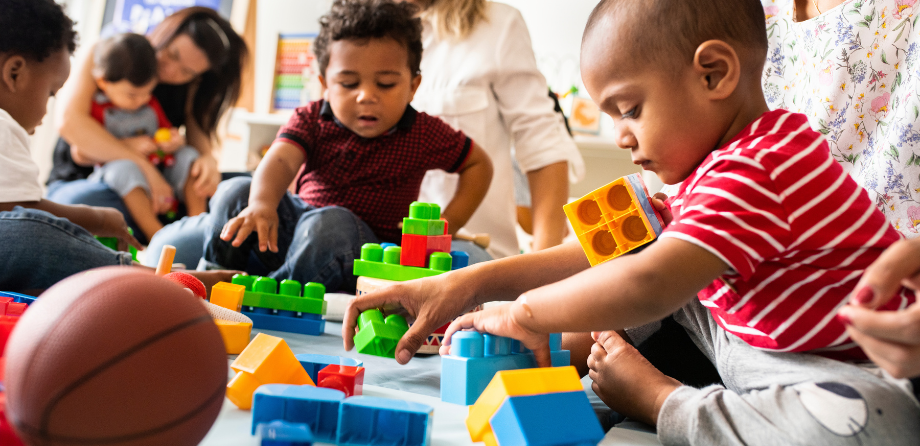
Purposeful planning in early years
Find out all about purposeful planning, so you can plan effectively for children’s learning and development in your nursery.
Why plan for children’s learning?
Planning for children’s learning allows settings to ensure they are offering a broad, varied and rich curriculum of experiences to help children achieve their full potential. Whilst it is important to engage children through using their interests, remember that children don’t know what they don’t know, so it is up to practitioners to broaden their learning experiences.
How to plan effectively
Although there is no set way to plan – each setting is different in how they approach this – for all setting it is crucial to consider the planning cycle to make it as effective as possible.
Step 1- Observation
It is important to observe children and find out what they can already do. Learn what they like and what interests them.
Step 2- Assessment
You can use what you found out from your observations to consider what the children know and therefore what their next steps are. For example, if children are enjoying filling and pouring in the water tray, perhaps you could offer them alternative materials to fill and pour such as rice, pasta or gloop and offer different utensils, such as a wide variety of spoons from teaspoons to ladles. Or perhaps different sized containers to fill up and pour from, from thimbles to egg cups to buckets.
Step 3- Planning
The ‘what next’…Once you have decided what you want children to learn next, you need to plan how you are going to facilitate that. Think about the learning environment – do you need to change anything for it to work? Think about resources you will need and what you want practitioners to do in order to ensure children engage, enjoy and learn your planned outcomes.
Things to consider when planning
- Ask children for their thoughts – find out what they want to do/how they think they could do it
- Balance adult and child initiated learning. Some knowledge and skills require direct teaching which children can then explore and practice further through the continuous provision. This can also work by putting out resources for children to explore and play with before you do any direct teaching – the children may come up with better ideas too!
- Work with parents to support children in their learning
- Plan carefully and make sure what you are offering children is fun and accessible for everyone.
Looking for more support with purposeful planning?
See our face to face or Wales online ‘Observation, assessment and planning’ training.
- Leadership
Similar Articles
Early years activity: Big garden bird watch

Top tips: Encouraging bird visitors and how to look after them


